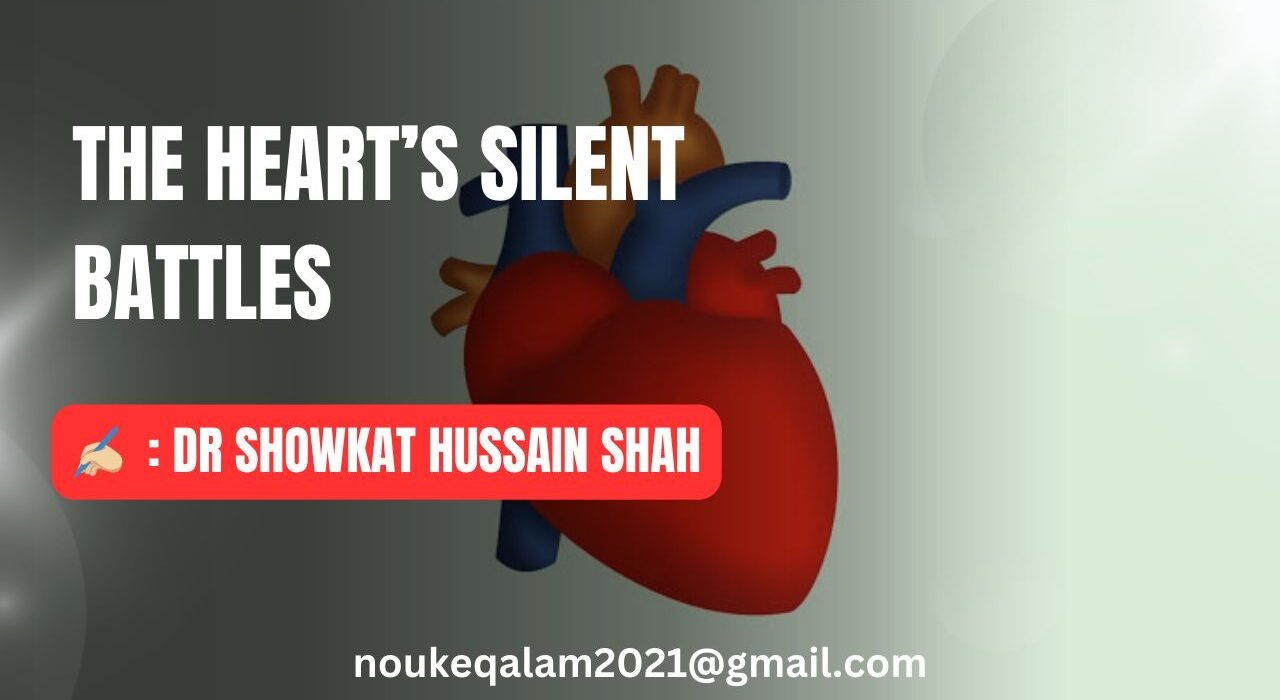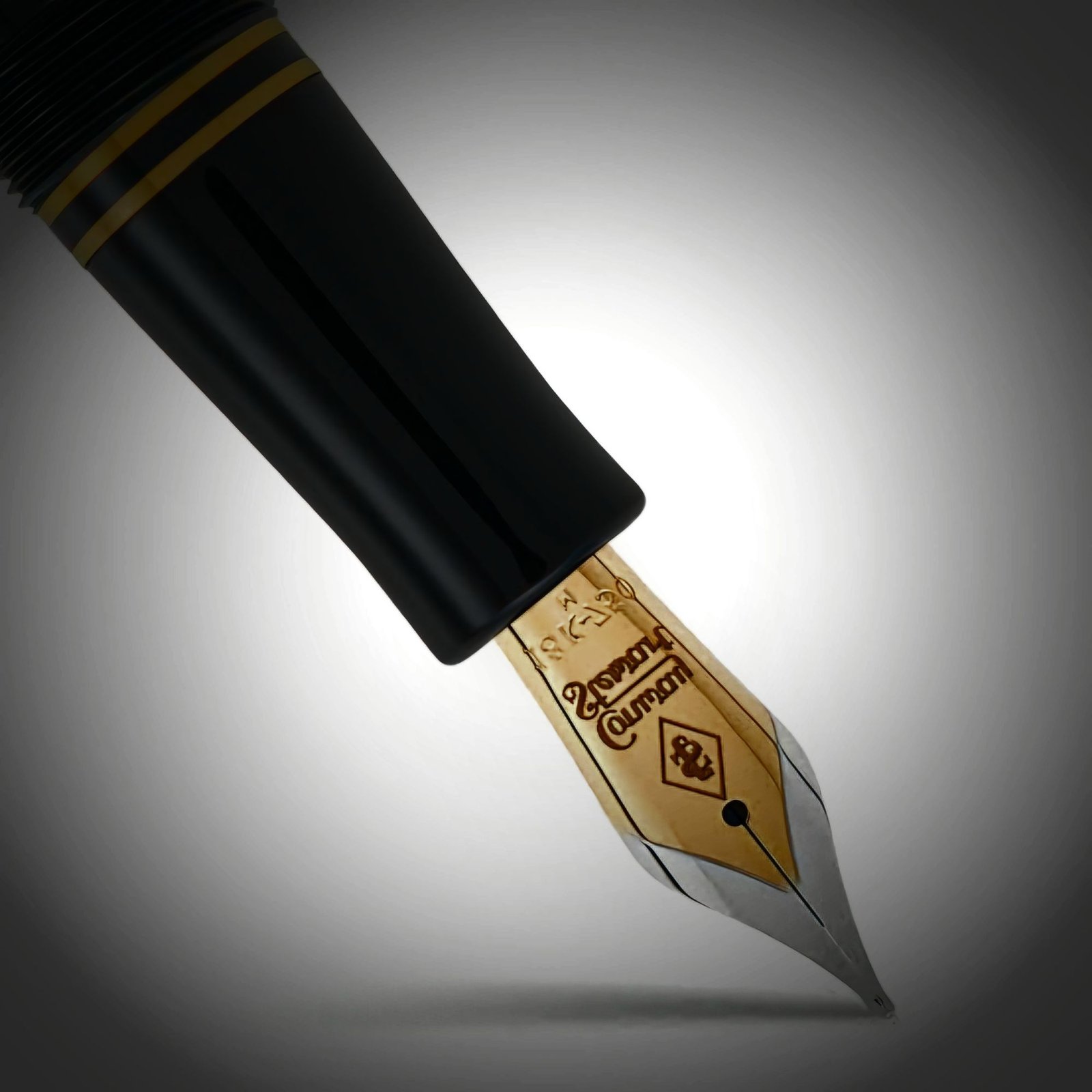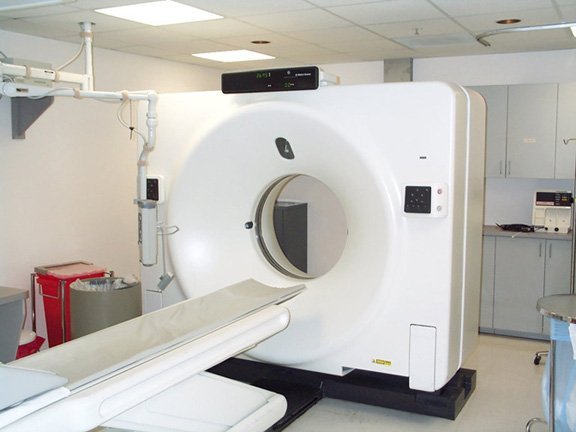The human heart is more than a mere pump—it is a restless traveler, a keeper of time, a quiet recorder of everything we have felt but never spoken. It does not take sides in the war between the mind and the soul; it simply listens, absorbing every fear, every joy, every regret. It beats when we are asleep, races when we are afraid, slows when we are at peace, and aches when life takes more than it gives. It is both tireless and vulnerable, both strong and fragile. It holds on when we want to let go and lets go when we beg it to hold on.
Every morning, as I make my way to the hospital, I witness hearts at work before I even touch my stethoscope. The schoolboy waiting for his bus, gripping his backpack like an anchor—his heart already learning the rhythm of anxiety, his pulse quickening with the fear of failure. The teenage girl scrolling through her phone, her breath catching between notifications—her heart convinced that love arrives as a three-dot typing bubble and disappears just as easily. The businessman stepping into his car, rubbing his temples—his heart weighed down by expectations, deadlines, and the exhausting pursuit of being enough. The elderly couple walking carefully, a plastic bag of prescriptions swinging between them—their hearts steady, slow, pacing themselves through the final chapters of their journey. The daily-wage worker standing at the roadside, watching cars pass, waiting for work—his heart swinging between hope and disappointment, holding on to a fragile thread of belief that today might be better.
And then there’s me, sipping Noon chai , running through my patient list, wondering how many hearts I will be able to mend today and how many I will fail to touch at all—because some wounds, the deepest ones, do not heal with medicine.
Not all hearts fail because of blocked arteries or faulty valves. Some simply grow weary from carrying too much for too long. The businessman with high blood pressure is not just fighting cholesterol—his heart is drowning in stress, in expectations, in a world that refuses to slow down. The woman experiencing palpitations isn’t just struggling with an irregular rhythm—her heart is translating years of buried grief into an electrical storm. And the elderly man with heart failure? His heart isn’t weak; it is simply tired. Tired of outliving, tired of longing, tired of beating through decades of love and loss. We pretend the heart and mind are separate, but they are co-conspirators, whispering to one another, writing and rewriting the stories of our lives in a language of beats and pauses.
The body remembers what the mind tries to forget. Every day unspoken argument, every unresolved sorrow, every sleepless night—it all finds its way to the heart. We like to believe that time heals, that we can move on, that we can let go. But the heart keeps records. It holds onto everything we push away. It carries the weight of all we refuse to say out loud.
We tell people to “manage stress” as if it were a task they could check off a to-do list. But stress is not an errand—it is a storm. It floods the body with chemicals, constricts arteries, speeds the pulse, convinces the heart it is running from an unseen predator, even when the only real danger is an inbox full of unread emails. A heart under constant stress does not just beat—it fights. And like every fighter, one day, it becomes too tired to keep going.
I see it every day. The patient who dismissed his chest pain because he was “too busy” to get it checked. The woman whose heart beats in frantic rhythms, not because it is diseased, but because it has spent years bracing for impact. The elderly man whose heart is failing not because of age, but because it has spent too many years carrying too much.
People come to me expecting a cure. A pill, a procedure, something to make it all go away. And yes, I can help. I can open arteries, regulate rhythms, even restart a heart that has stopped. But there are things medicine cannot fix.
I cannot erase years of loneliness.
I cannot remove the weight of regret.
I cannot prescribe meaning.
A stent can open a blocked artery, but it cannot open a life that has been closed off for too long. A pacemaker can regulate a heartbeat, but it cannot teach a heart how to find joy again. Medicine treats symptoms, but healing—true healing—requires something more.That more is nothing but a true connection .
Despite all the ways we have learned to connect—messages that travel instantly, calls that reach across continents—we have never been lonelier. Science tells us that loneliness is as bad for the heart as smoking 15 cigarettes a day. But loneliness does not show up on a blood test. It does not announce itself loudly. It slips in quietly, disguised as independence, as busyness, as self-sufficiency. And before we know it, we have built lives where we know everything about each other except how to truly be there.
The poet Rumi once wrote, “Don’t grieve. Anything you lose comes round in another form.” But some things, when lost, do not return. Not always. Time, once wasted, does not come back. People, once gone, leave spaces in the heart that never quite close.
As a doctor, I can fix hearts. But the greatest healing does not come from a prescription. It comes from being seen, from being heard, from knowing that in this vast, complicated world, someone cares.
The poet Khalil Gibran once wrote, “Your heart is like the ocean. It has its storms, it has its tides, and in its depths, it has its pearls.” Maybe our heartbreaks, our struggles, our quiet moments of longing—maybe they are the pearls hidden in the depths of our being. Maybe the heart’s true strength is not in its ability to beat endlessly, but in its ability to feel, to break, and to still find the courage to beat again.
So as I step into OPD and press my stethoscope against yet another chest, I listen—not just for rhythm, but for the unspoken dialogue between life and meaning. A heartbeat is more than a pulse; it is a message coded in flesh, a signal sent into the vast unknown, waiting to be answered. Medicine can adjust its cadence, revive its silence, even sustain its fading tremors. But it cannot teach a heart why it beats. That knowledge is not written in prescriptions or procedures but in the pauses between—the breath held in grief, the laughter shared in relief, the silent understanding that binds us to one another. A heart does not seek mere survival; it seeks harmony, a resonance with something beyond itself. And so, true healing is not about keeping a heart in motion—it is about giving it a reason to sing.
The heart is not bound by flesh—it is a traveler, a seeker,
wandering between what was and what will be.
It beats not just to live,
but to remember,
to long,
to find its way back to something unseen.
A hand can steady it,
a healer can mend it,
but only love can awaken it.
For the heart does not break,
it unfolds—opening, closing,
until it finally returns
to the rhythm it was meant to keep.
Dr Showkat Hussain Shah is consultant cardiologist GMC Anantnag.
shahmed25@gmail.com





